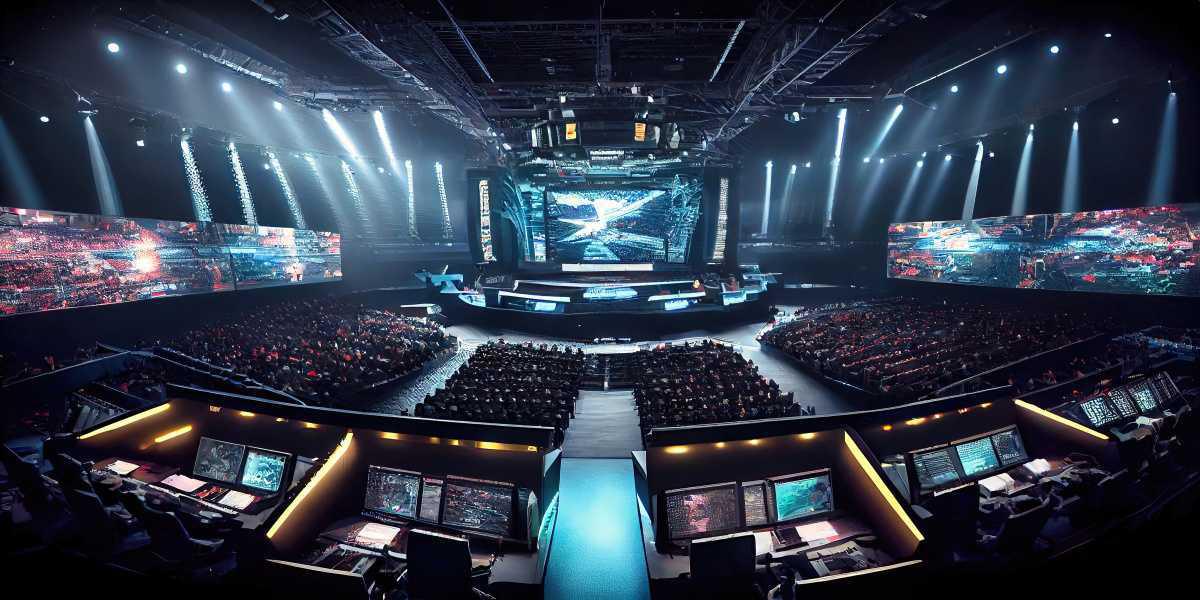What began as basement LAN parties and caffeine-fueled marathons has evolved into a global phenomenon commanding stadiums, sponsorships, and international prestige. Esports, or competitive video gaming, are no longer a niche hobby—they're multi-billion-dollar events that rival the scale and intensity of traditional sports. With professional teams, full-time coaches, analysts, and millions of fans worldwide, esports are rewriting the rulebook on what it means to be an athlete and a fan in the digital age.
Games like League of Legends, Counter-Strike, and Dota 2 now host tournaments with prize pools rivaling those of Wimbledon or the Masters. Streaming platforms like Twitch and YouTube Gaming have become the ESPN of esports, while mainstream outlets and cable networks have slowly but surely started giving competitive gaming its due. In South Korea, top players are household names. In the U.S., universities now offer scholarships for varsity esports. The culture is rapidly professionalizing, legitimizing what once felt like a passing trend.
But esports aren’t just mirroring traditional sports—they’re reshaping the entire concept of competition and community. Unlike football or basketball, esports are global from day one: a kid in Brazil can play ranked matches with someone in South Korea and then stream to an audience in France. The barriers to entry are lower, the gender and age lines more fluid, and the cultural references more diverse. In a very real way, esports reflect the realities of a digitally native generation—borderless, immediate, and constantly online.
Critics argue that esports lack the physicality or heritage of traditional sports, but that overlooks the incredible mental agility, team coordination, and mechanical skill required to play at a high level. Top-tier players train 8–12 hours a day, manage intense schedules, and face performance pressure equivalent to Olympic athletes. What’s more, esports are paving the way for technological innovation, from real-time analytics to VR integration and fan-interaction tools that traditional leagues are only just starting to explore.
The ripple effects are being felt beyond gaming. Esports tournaments now appear in the Asian Games, and discussions about their inclusion in the Olympics are ongoing. Sponsorships from brands like Nike, Red Bull, and Mercedes-Benz aren’t just novelty acts—they’re calculated investments in the future of sports marketing. Cities like Seoul, Los Angeles, and Shanghai are building dedicated esports arenas, while high schools and community centers are launching gaming leagues just like they would basketball teams.
In the end, esports aren’t “just a trend”—they’re the next evolution of global sports culture. They represent a generational shift in how we compete, connect, and consume entertainment. And whether you're a lifelong gamer or just learning what "GG" means, it's clear: the future of sports isn’t just being played on fields—it’s being streamed live, one pixel-perfect play at a time.



